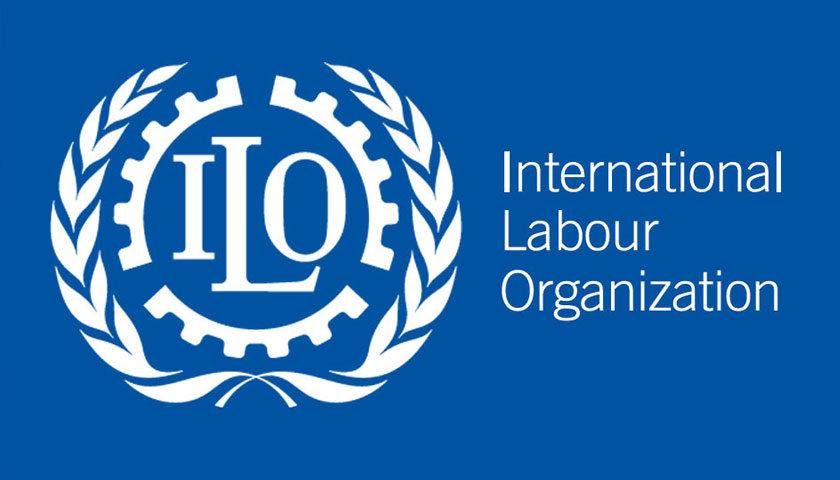The International Labour Organization (ILO) Bureau for Workers’ Activities (ACTRAV) has released a new global report on a renewed social contract on 31 October 2025, in the lead-up to the second World Summit for Social Development and in light of profound economic, technological, environmental, and social transformations that are reshaping the world of work.
The report, The New Social Contract: Towards the Second Summit for Social Development, synthesizes the outcomes of several regional and global conferences organized by ACTRAV. During these encounters, workers’ organizations had the opportunity to exchange and debate on the current challenges and solutions towards renewing the social contract, established in many countries decades ago.
The report provides a summary of the urgent demands by workers’ organizations for a renewed social contract to help our current governance systems adapt and better address the transformational changes in economies, societies, and the environment, towards a renewed social contract.
“This report brings together the voices, experiences, and proposals of trade unions worldwide,” said Maria Helena André, Director of ACTRAV at the ILO. “Through regional dialogues in Africa, the Arab States, Asia and the Pacific, Latin America and the Caribbean, as well as in Europe and Central Asia, workers have defined shared priorities for advancing social justice and shaping a more inclusive future of work.”
The report reaffirms the vital role of trade unions in building a just, resilient, and human-centred future of work, and sets a clear agenda for action.
Moreover, it argues that decent work and labour rights are essential pillars of social justice, economic policies must be truly pro-employment, and climate and technological transitions must be just and inclusive.
The study notes that policies must adapt to fast paced changes and be responsive to local realities, and trade unions must adapt to remain relevant and impactful. It also calls for a human-centred approach to economic and social policy, supported by strong institutions and collective action.
“This publication presents a collective voice of workers as they prepare for the Second World Summit for Social Development in Doha this November,” André added.
